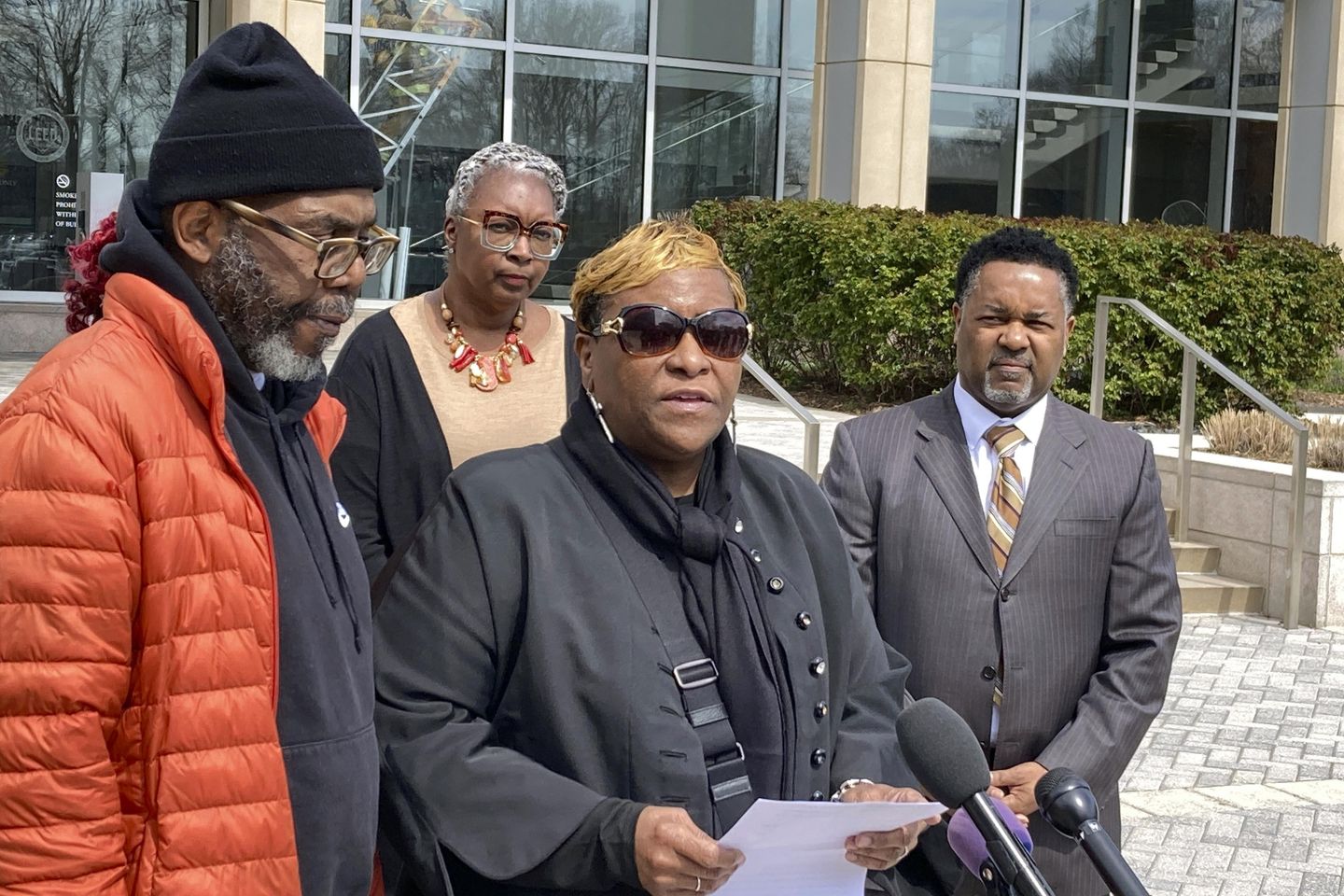The former police officer, whose name is being withheld due to safety concerns, was on trial for the shooting death of 28-year-old Marcus Johnson. The incident occurred on a busy Saturday afternoon outside the Virginia Beach Town Center, a popular shopping destination in the area.
The prosecution argued that the former officer used excessive force when he shot Johnson, who was unarmed at the time of the shooting. Witnesses testified that Johnson had been attempting to flee the scene after allegedly shoplifting from a nearby store when the former officer confronted him. The prosecution claimed that the former officer could have used non-lethal force to apprehend Johnson, such as a taser or pepper spray, instead of resorting to his firearm.
However, the defense argued that the former officer was acting in self-defense when he fired his weapon. They claimed that Johnson had reached for what appeared to be a weapon in his waistband, prompting the former officer to fear for his safety and the safety of others in the vicinity. The defense argued that the former officer had followed department protocol and training in using deadly force in a potentially life-threatening situation.
After a week-long trial, the jury deliberated for several hours before returning a verdict of not guilty on the charge of involuntary manslaughter. The former officer, who had been suspended from the police force pending the outcome of the trial, was cleared of any criminal wrongdoing in the shooting death of Marcus Johnson.
The verdict sparked immediate outrage from Johnson’s family and supporters, who had been hoping for a different outcome in the trial. They criticized the jury’s decision, claiming that it sent a message that police officers could use deadly force with impunity, especially when dealing with black suspects.
Protests erupted outside the courthouse following the verdict, with demonstrators carrying signs that read “Black Lives Matter” and “Justice for Marcus.” Johnson’s family vowed to continue fighting for justice for their loved one, promising to file a civil lawsuit against the former officer and the police department for wrongful death.
The case reignited the national debate over police use of force, particularly in cases involving unarmed suspects. Critics of the verdict pointed to a pattern of police officers being acquitted in similar cases, arguing that the legal system often failed to hold law enforcement accountable for their actions.
In response to the verdict, Virginia Governor Terry McAuliffe called for a review of police training and procedures to prevent similar incidents from occurring in the future. He pledged to work with law enforcement agencies and community leaders to improve relations between police and the communities they serve.
The acquittal of the former officer also raised questions about the role of race in the criminal justice system. Johnson’s family and supporters argued that the outcome of the trial would have been different if the roles had been reversed, with a black officer shooting a white suspect. They called for reforms to address systemic racism in law enforcement and the judiciary.
The case highlighted the challenges faced by prosecutors in holding police officers accountable for their actions. In many cases, juries are reluctant to convict law enforcement officers, who are often seen as acting in the line of duty to protect public safety. The burden of proof in such cases is high, requiring prosecutors to prove beyond a reasonable doubt that an officer’s use of force was unjustified.
Despite the acquittal, the case served as a reminder of the need for greater transparency and accountability in policing. Body cameras and other forms of video evidence have become crucial tools in documenting police interactions with the public, providing crucial evidence in cases of alleged misconduct. The case also underscored the importance of community oversight and civilian review boards in holding police accountable for their actions.
As the community grappled with the aftermath of the verdict, Johnson’s family and supporters vowed to continue their fight for justice. They called for peaceful protests and demonstrations to demand accountability and reform in the criminal justice system. The case served as a stark reminder of the need for ongoing dialogue and action to address issues of police violence and racial injustice in society.









